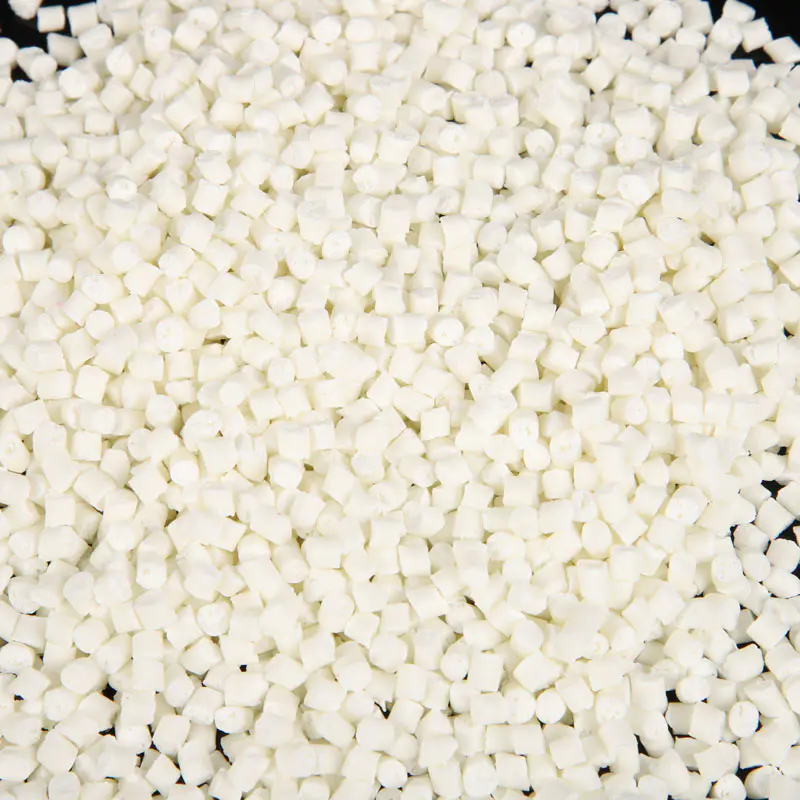Bio-based Plastics: The Future of Sustainable Materials
2025-01-20
As the world seeks alternatives to traditional plastics, bio-based plastics have emerged as a promising solution. Made from renewable resources, these innovative materials offer a way to reduce environmental impact without compromising functionality.
What Are Bio-based Plastics?
Bio-based plastics are derived from renewable sources such as:
- Plant-based materials: Corn, sugarcane, or potato starch.
- Cellulose and lignin: Found in wood and agricultural residues.
- Microorganisms: Producing biopolymers like polyhydroxyalkanoates (PHA).
Unlike conventional plastics, which are petroleum-based, bio-based plastics aim to replace fossil fuels with sustainable resources while maintaining similar properties and applications.

Types of Bio-based Plastics
1. PLA (Polylactic Acid): Made from fermented plant sugars, PLA is widely used in packaging, disposable cutlery, and 3D printing.
2. PHA (Polyhydroxyalkanoates): Produced by bacteria, PHA is biodegradable and suitable for medical and packaging applications.
3. Bio-PE and Bio-PET: Derived from bioethanol (e.g., sugarcane), these mimic traditional polyethylene and polyethylene terephthalate plastics.
Advantages of Bio-based Plastics
1. Reduced Carbon Footprint: Lower greenhouse gas emissions during production.
2. Renewable Resources: Dependence on fossil fuels is minimized.
3. Biodegradability: Certain types can decompose under specific conditions, reducing plastic pollution.
4. Recyclability: Many bio-based plastics are recyclable, supporting circular economy models.
Applications of Bio-based Plastics
Bio-based plastics are versatile and used in industries such as:
- Packaging: Bottles, bags, and food containers.
- Textiles: Fibers for clothing and upholstery.
- Automotive: Lightweight components and interior parts.
- Medical: Biodegradable sutures and drug delivery systems.
Challenges to Adoption
While bio-based plastics are promising, they face hurdles:
- Cost: Higher production costs compared to conventional plastics.
- Recycling Confusion: Mismanagement of bio-based and petroleum-based plastics in waste streams.
- Feedstock Competition: Using crops for plastics may compete with food production.
Conclusion
Bio-based plastics represent a significant step toward sustainability, offering eco-friendly alternatives to traditional plastics. With ongoing advancements in production technologies and growing consumer awareness, bio-based plastics are set to play a vital role in a greener future.


